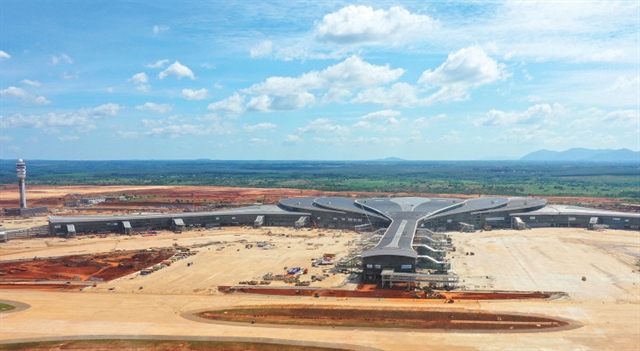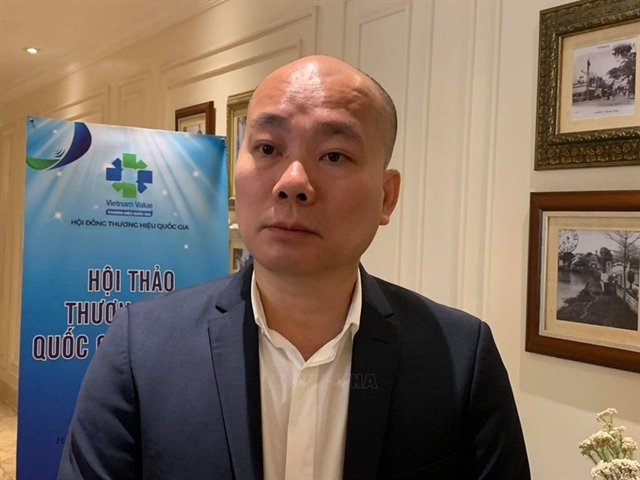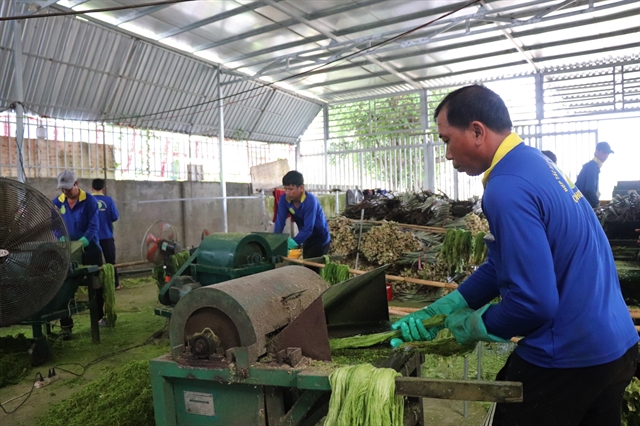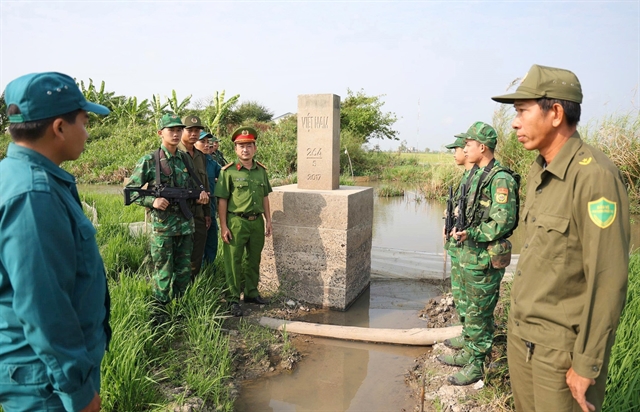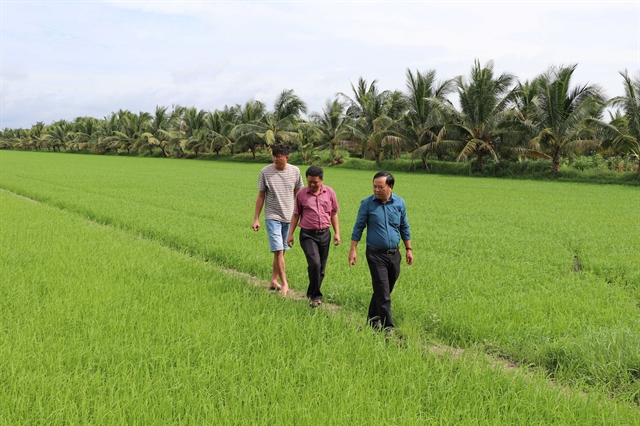
Việt Nam's stock market ended the final Friday of 2024 on a positive note, with banking stocks leading the rally and VN-Index successfully surpassing the 1,275-point mark.

The draft decree is expected to come into effect on January 1, with an expedited approval process to ensure timely implementation.

Petrovietnam's impressive results in recent years have stemmed from its strategic decisions and innovative approach.

On December 26, Tân Vũ Port, one of the key cargo handling units under Hai Phong Port Joint Stock Company, celebrated its one-millionth TEU in 2024 — marking the fourth consecutive year it has achieved this milestone.
In addition to E5RON92 gasoline, MoIT requires producers and traders to research the production and import of E100 fuel.

Việt Nam’s garment and textiles export is projected to hit nearly US$44 billion this year, positioning the country as the world’s second biggest exporter, only behind India, said General Director of the Vietnam National Textile and Garment Group (Vinatex) Cao Hữu Hiếu.

With a customer-centric approach, Fabien Sanchez and his sales department at Home Credit Vietnam are poised for a new growth cycle in the consumer finance market.

The bulk carrier is part of a large vessel series being built to support the Party and State's strategy for developing the country's maritime economy.

The rate was specified in Chapter 68 of the Government’s Decree 26, issued on May 1, 2023.

With proactive measures to support domestic production and expand export markets, Việt Nam's trade activities have shown strong recovery, becoming a bright spot in the economy. Explore Vietnam’s remarkable export growth, trade surplus achievements and key markets in this data-driven visual journey.

Consolidated revenue for the year 2024 is estimated to reach VNĐ12 trillion (US$472.1 million), with profits before tax expected to hit VNĐ1.8 trillion.

According to VARS' most recent report, based on data from the General Statistics Office’s (GSO) 2023 Residential Living Standards Survey, housing affordability in Việt Nam has declined.

The exploitation of new insurance premium revenue in Việt Nam has decreased sharply over the past few years, which has caused the parent companies to not prioritise investing in their Vietnamese insurance subsidiaries as in the past.

Many real estate developers continue to face difficulties in meeting their profit targets this year, with data showing a significant drop of 20 per cent in revenue and 43 per cent in profit, primarily due to a sharp decline in sales in 2023.

Bình Dương Province attracted more than US$2 billion in foreign direct investment in 2024, exceeding the set target, continuing to affirm its position as one of the leading localities in the country in attracting foreign direct investment (FDI).

In a recent report, ACB Securities Companies analysts said that the net interest margin (NIM) of banks in 2025 will increase by five basis points over 2024.

The Ministry of Industry and Trade, and the Ministry of Finance have adjusted down the retail sale prices of petrol products from 3pm on December 26.

The Ministry of Agriculture and Rural Development explained the increase in pepper export value is attributed to a significant rise in prices.

Citi Enriches Private Market Offerings for Citigold Private Clients in Collaboration with Blackstone, Blue Owl and KKR

Vinfast Signs Agreement to Develop Transportation Infrastructure in Indonesia

UnionPay Enables 25 International Wallets to Support Weixin Pay QR Code in China’ Mainland

Asian Financial Forum concludes successfully in Hong Kong, gathering over 4,000 global business leaders and officials

CGTN: Europe on its Own Terms: Adapting a New Global Reality

IET’s First International Conference on Digital Twins and Applications Concludes at Hong Kong PolyU, Highlighting the Transformative Power of Digital Twin Technology

HKCERT Releases "Hong Kong Cybersecurity Outlook 2026" Security Incidents Hit Record High with 27% Annual Increase

Premier International Ophthalmology Congress, APAO 2026, to be Held in Hong Kong this February

Taikang Asset (HK) launches its first HKD and USD Money Market ETFs

C Capital Acquires 507 Hectares of Landholding in Australia
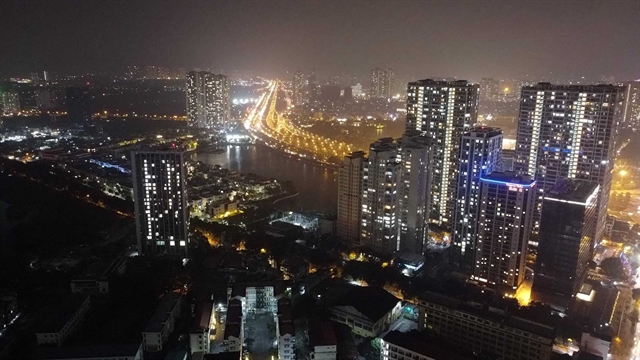
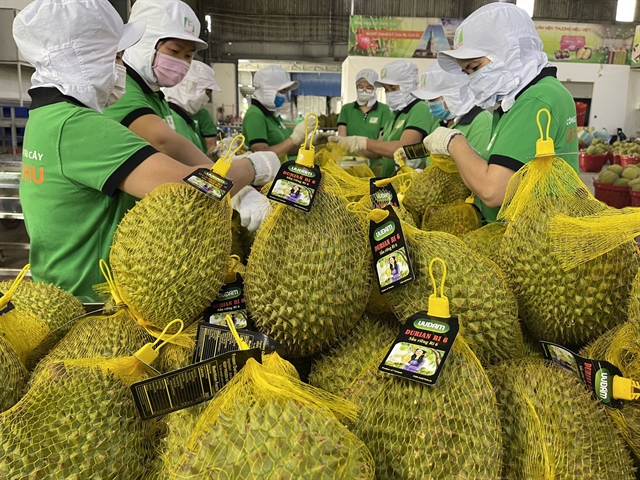


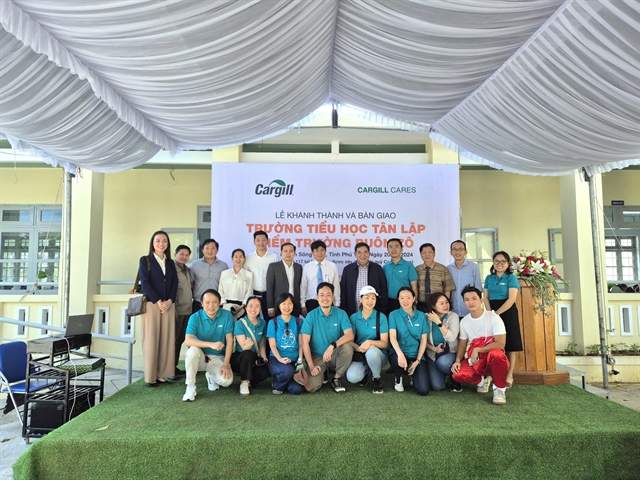
.png)
.jpg)
.jpg)
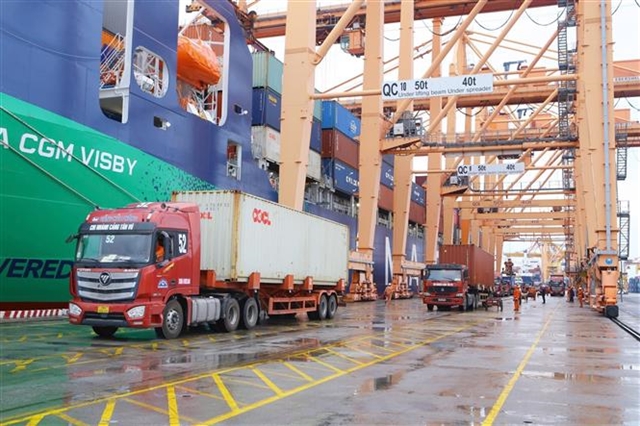
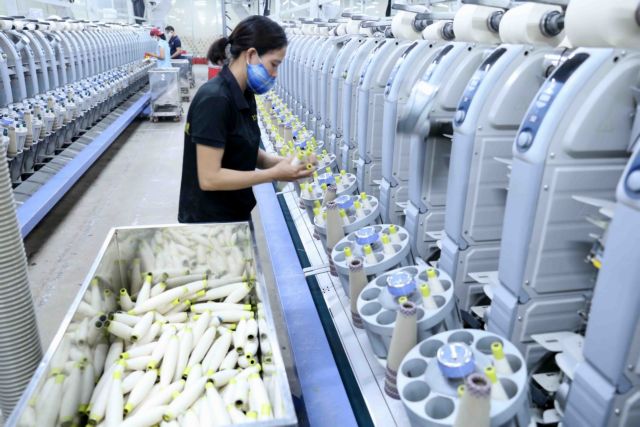

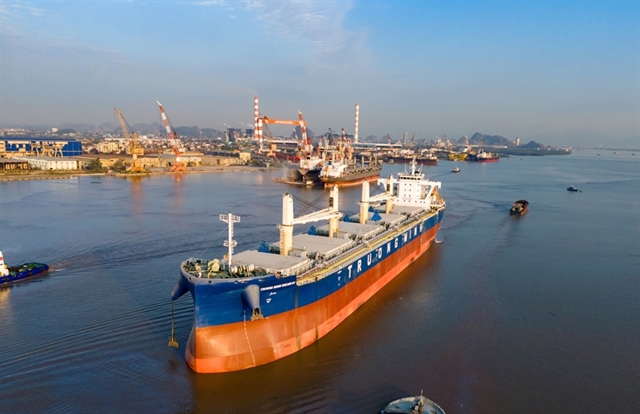
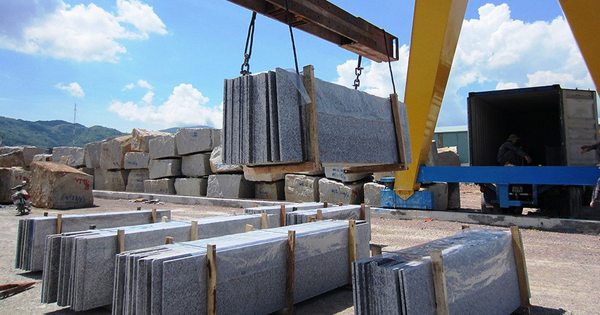
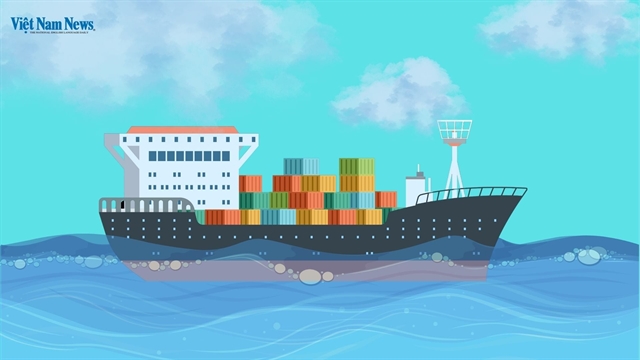
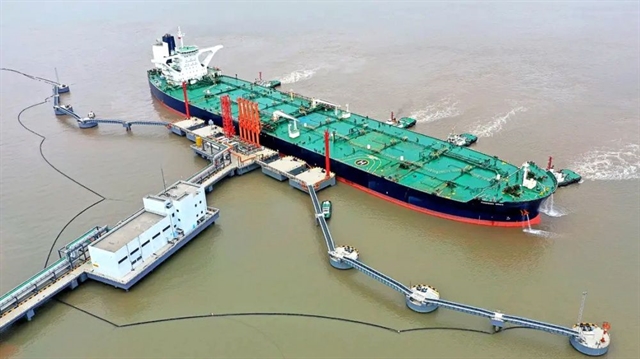
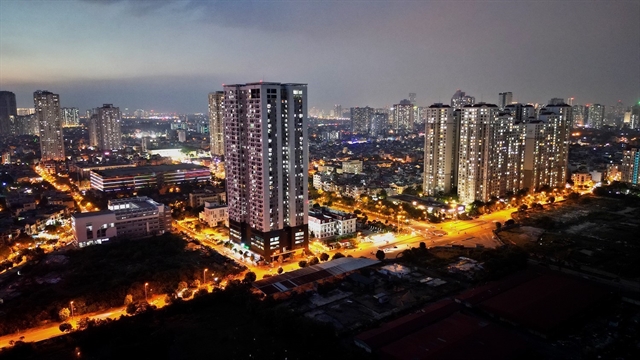
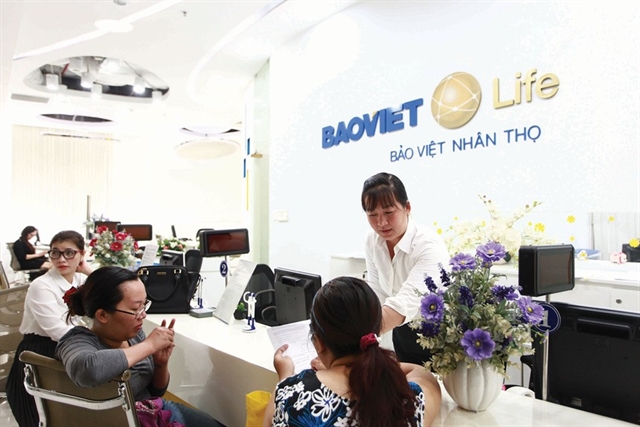
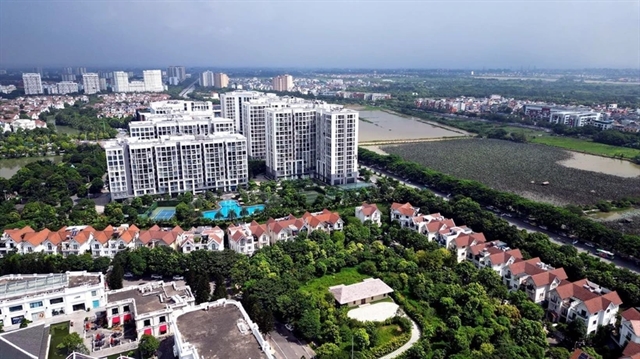
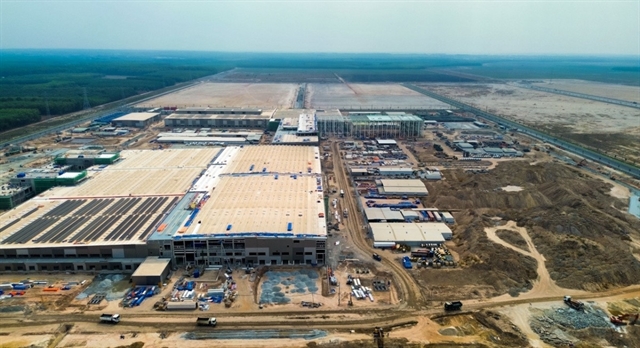
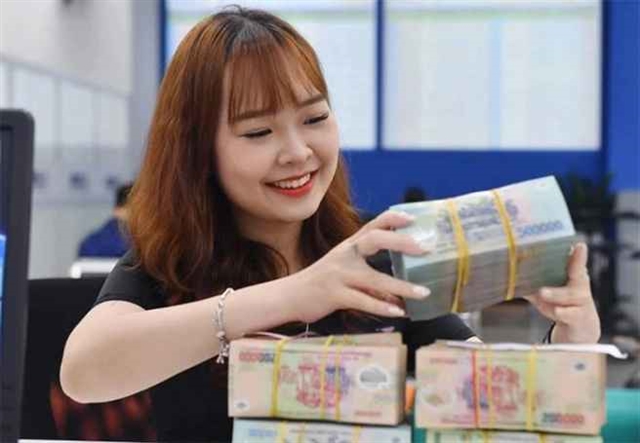
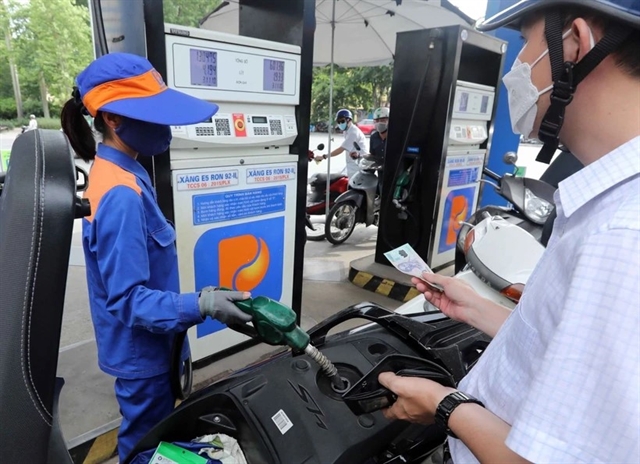









.png)

